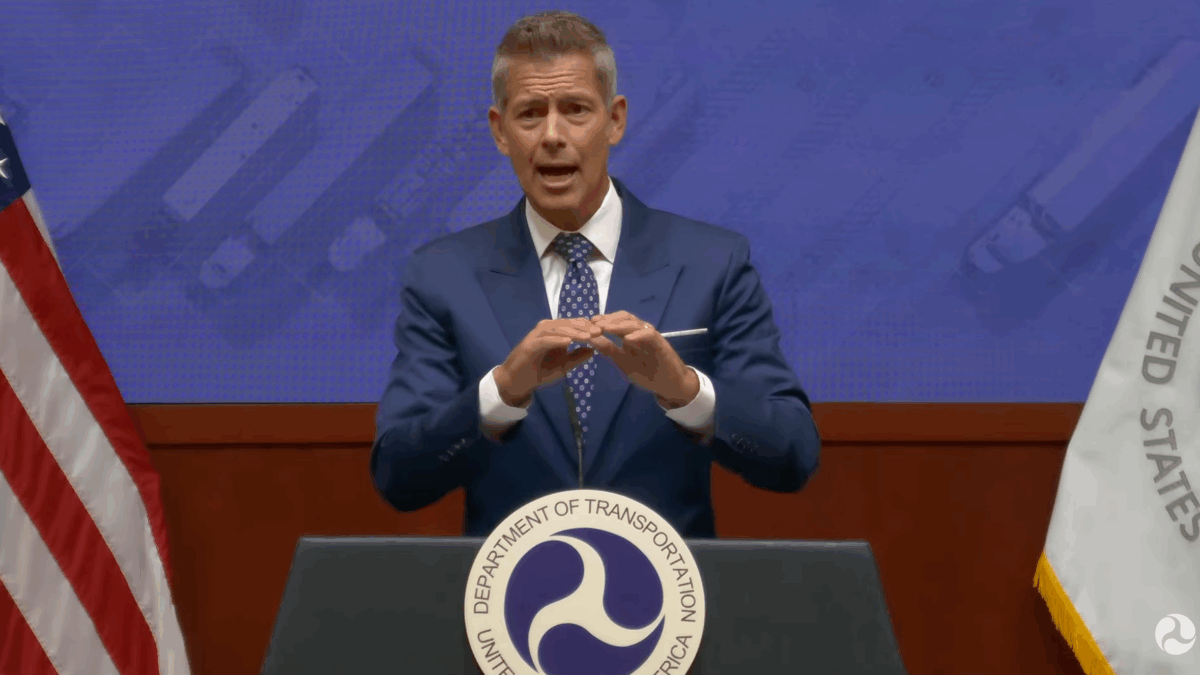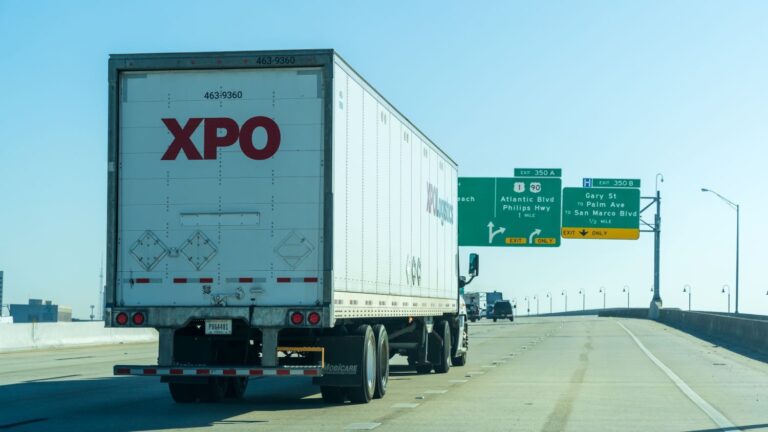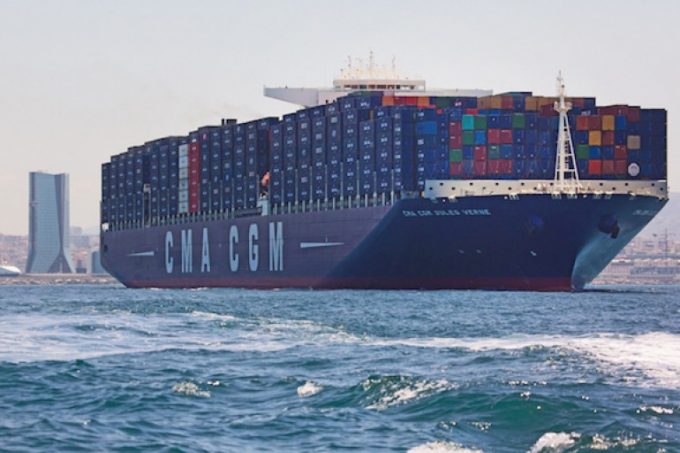
WASHINGTON – At a press conference on Thursday, US Transportation Secretary (DOT) Sean Duffy unveiled an aggressive new initiative targeting so-called CDL factories – commercial driver’s license schools accused of issuing licenses to unqualified drivers, many of whom lack English proficiency, basic operating skills and proper citizenship documents.
The move is part of a wider push to boost road safety in the transport industry, where accidents involving big rigs have raised warnings about driver qualifications. The crackdown addresses a long-standing problem that was exacerbated by the Federal Motor Carrier Safety Administration’s (FMCSA) regulatory change in 2022 that allowed CDL instructors to self-certify, resulting in more than 32,000 registered providers offering minimal training — sometimes as little as a few hours or even just watching YouTube videos.
Duffy’s comments highlighted growing concerns about the integrity of the CDL certification process. This begs the question: Who tests these drivers? Who accepts drivers, sees if they speak English, and then tests them on the basic skills that will allow them to go to the DOT to get a license? Duffy said, referring to schools that issue certificates to students who “can’t speak the language” and “don’t have the skills to operate big rigs on the road.” Those concerns echo industry warnings of a systemic safety crisis, with nearly 100,000 truck crashes a year killing 5,000 people, a 40 percent increase in fatalities over 2014 levels.
According to Duffy, these CDL factories are issuing fake certificates across the country and submitting them to state Departments of Transportation (DOTs). They are sending a certificate to our state DOT that says, “You have qualified people who can drive a big rig and get a license in your state.” And the truth is that they are not.” Cheating on these licenses often requires no real oversight, with some providers exempt from state licensing if they are employers, allowing unqualified drivers to hit the roads after inadequate preparation.
The DOT investigation will focus on the schools’ accountability, and Duffy warned of “serious consequences” for those involved. He stated: We are going to look for CDL factories that issue licenses all over the country. “We want to take a close look at those people.” That’s consistent with calls from experts like Steve Gold, founder of 160 Driving Academy, who noted that the certification database itself created a legal loophole and undermined rigorous training programs.
Repression goes beyond the schools themselves.
Duffy said the DOT is also investigating trucking companies that hire drivers with questionable credentials. “We’re diving into companies that hire these drivers who may not have a license, may not have a valid license or may not speak the language,” he said. “Companies will be held accountable.” Such hiring practices contribute to increased safety risks, as seen in incidents such as the fatal crash in Fort Pierce, Florida, in which a driver who could not speak or read English—confirmed through substandard training—killed a family of three.
To enforce compliance, the DOT will use every tool available, including potential financial penalties and revocation of states’ authority to issue CDLs when necessary. “At the end of the day, if we need to pull money – reducing states’ ability to issue CDLs – we will stop at nothing to make sure our roads are safe,” Duffy declared. States such as California, Florida, and Colorado have already taken steps, such as passing laws or issuing cease-and-desist letters to unlicensed facilities, underscoring widespread recognition of the problem.
A key element of this initiative is interagency collaboration, particularly with the Department of Homeland Security (DHS). Duffy noted that the DOT lacks a “massive law enforcement presence” like Immigration and Customs Enforcement (ICE) and praised the DHS secretary for his support. “That’s why I’m grateful [the Secretary’s] “Helping — not just getting attention, but using ICE agents to go out and make sure we’re in compliance with some of our rules by the DOT book.” he said
Pointing to viral videos of tragic accidents, Duffy emphasized the human cost of inaction. “You’ve seen the videos: You have a family driving on a Sunday or a couple driving home on a weekday afternoon, and disaster strikes because we have people on the road who are not safe,” he said. “They don’t qualify. They should never have a driver’s license and lives are lost.” You are about 20 times more likely to be killed by a commercial truck than a plane crash, which underscores the need to address CDL plants.
The announcement marks a potential turnaround for the transportation sector, where driver shortages have long been a challenge. Lax certification processes may have contributed to an influx of unqualified operators and exacerbated safety hazards on America’s highways. Carriers and training providers are likely to face increased DOT oversight.
FreightWaves will continue to monitor developments in this research and its impact on the supply chain. For now, Duffy’s message is clear: “Our job in this department is to make sure people are safe. They expect us to keep them safe.”



